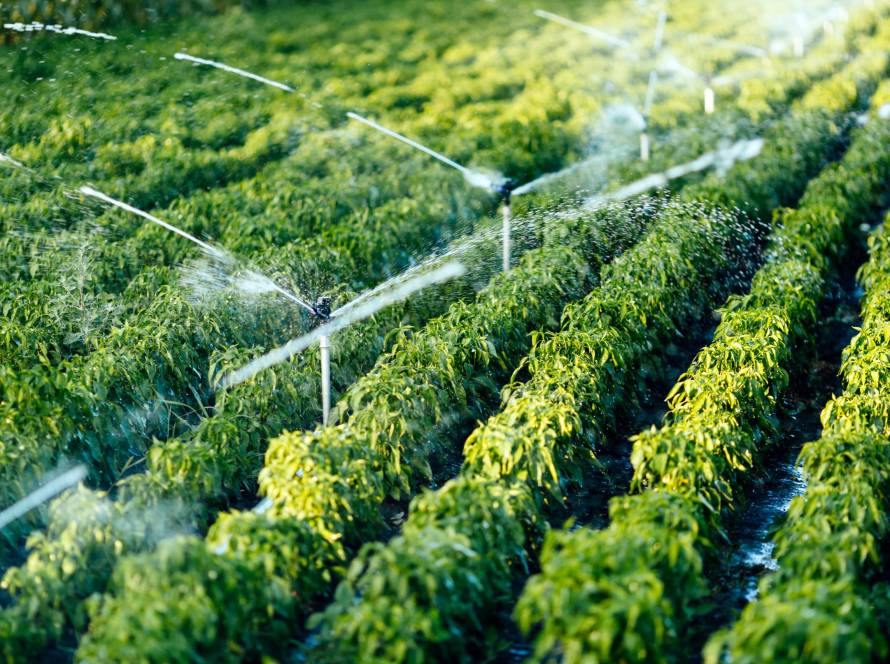Today, food is not merely a means of nourishment; it is also an ecological, economic, and political issue. Pandemics, wars, the climate crisis, and vulnerabilities in supply chains have made one thing clear: food security can no longer be ensured solely through international trade. In this new era, a concept has risen to the forefront of sustainability and societal resilience: food sovereignty. At its core lies local production, because only by starting locally can global recovery be achieved.
What is Food Sovereignty?
Food sovereignty is the right of individuals and communities to decide what to produce, how to produce it, and for whom. It’s not just about accessing food but about controlling it, participating in production processes, and reducing external dependency. This concept represents a participatory production-democracy model that involves not only farmers but also consumers, policymakers, local governments, and civil society.
The Global Impact of Local Production
Though local production may seem small-scale at first glance, it creates significant global effects:
- Reduces carbon footprint: The fuel consumed in transporting products from distant regions far outweighs the environmental cost of locally grown vegetables.
- Preserves biodiversity: Unlike industrial agriculture’s monoculture, region-specific products enrich both soil and culture.
- Boosts the economy: As local producers earn, regions prosper, and wealth circulates within the community.
- Builds resilience against crises: When global supply chains falter, local networks can endure.
- Ensures cultural continuity: Food is more than sustenance; it’s an identity, a story. Local production carries this narrative forward.
Regional Responsibility: Not Just Producing, But Protecting
Local production goes beyond planting seeds in a field. It is also the responsibility to protect soil, seeds, knowledge, and culture. This requires a regional ethic and awareness:
- Cooperatives enable small producers to unite and gain strength.
- Local governments support producers and facilitate market access.
- Consumers, by making conscious choices about what and why they buy, influence the system.
- Farmers, using eco-friendly techniques, sow the seeds for a sustainable future.
By creating its own food ecosystem, every region can build not only production but also resilience.
Global Brands and Local Producers: Can They Coexist?
Supporting local production doesn’t mean opposing large-scale food brands. On the contrary, the right collaborations can strengthen local systems. For example:
- Brands can use local raw materials to create value-added products.
- They can integrate small producers into their supply chains.
- They can bring geographically indicated products to global markets.
This approach not only enhances brands’ social responsibility but also amplifies the voice of local producers on a global stage.
Global Change Begins Locally
Food sovereignty starts at the plate, extends to the field, and ultimately transforms society. If we want to make the world a fairer, healthier, and more livable place, we must begin by supporting local producers and being mindful of our choices at the table. When the soil thrives, so does society. When the local strengthens, the world finds balance.





